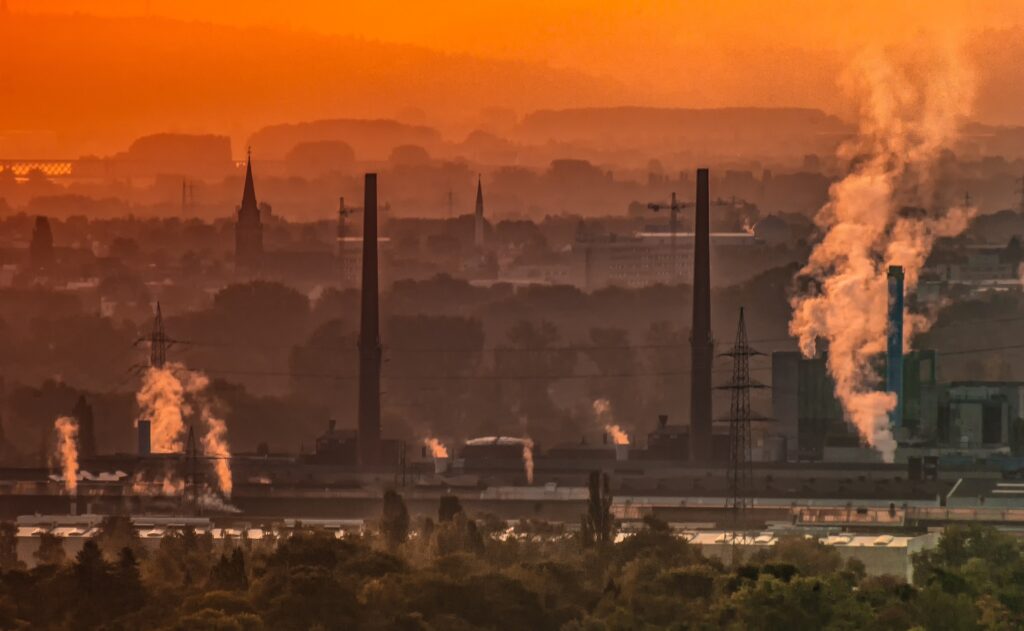- President Joe Biden’s proposed infrastructure package includes a significant investment in transportation, with a focus on reducing emissions and addressing climate change.
- The package includes funding for the creation of a national network of electric vehicle charging stations and incentives for consumers to purchase electric vehicles.
- The plan also aims to reduce air pollution in communities that have been disproportionately affected by highway development and increase access to affordable public transportation.
- Some environmental and social justice advocates have raised concerns about the potential negative impacts of highway expansion projects and have called for a more holistic approach to transportation policy.
- The infrastructure package is currently being negotiated in Congress, with opposition from some Republicans who argue that it is too expensive and includes provisions unrelated to infrastructure.
By Inside Climate News | March 19, 2023
Environmental justice activists are chastising the Biden administration’s recent decision to rescind federal guidance that urged states to consider climate change and equity when tapping the $110 billion in federal infrastructure money that’s coming their way for roads, bridges and major projects.
In December 2021, Stephanie Pollack, the Federal Highway Administration’s acting administrator at the time, issued a memo that advised state transportation departments to use incoming money from the Bipartisan Infrastructure Law to repair existing highways before expanding them or building new ones. She also encouraged them to take climate change and environmental justice into consideration when planning the projects.
Activists celebrated the announcement, saying the memo—known as “Fix It First”—aligned with President Joe Biden’s larger ambitions of tackling the climate crisis and taking a “whole-of-government” approach to reducing the nation’s persistent health and economic disparities. But the move also triggered a political battle about who has authority over discretionary spending, since local and state governments largely dictate how they use the money they receive from the federal government.
A coalition of Republican lawmakers, led by Sen. Shelly Moore Capito of West Virginia, quickly pushed back, with 16 GOP governors signing a letter that called it “a clear example of federal overreach.” In fact, Capito and Sen. Mitch McConnell of Kentucky, former Senate Majority Leader under the Trump administration, explicitly told state governors to ignore the guidance, saying in a second letter that “the FHWA memorandum is an internal document, has no effect of law, and states should treat it as such.”
That pressure appears to have worked.
Last month, FHWA replaced its Fix It First guidance. The agency’s new administrator, Shailen Bhatt, issued a new memo that makes no reference to highway expansions, equity considerations or climate change. That prompted backlash from several climate and environmental justice groups who worry that it’s an early sign that the White House is caving on its climate and social justice commitments, which in turn could lead states and federal agencies to disregard them entirely.
Read more from Inside Climate News.



